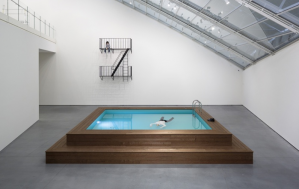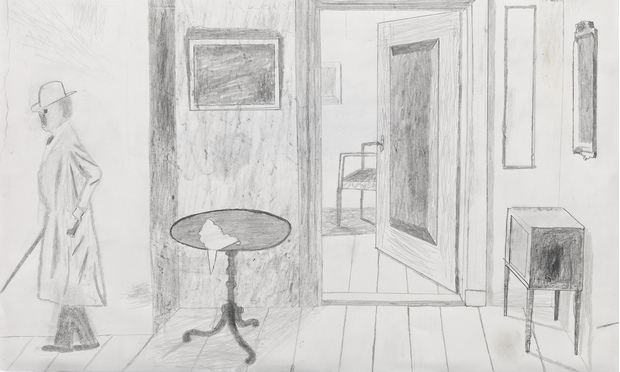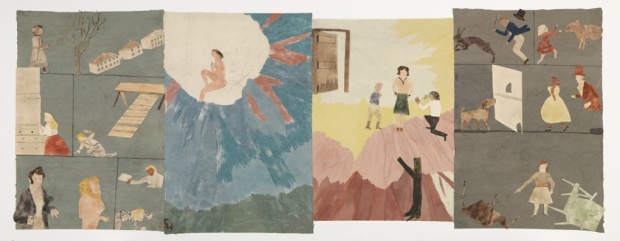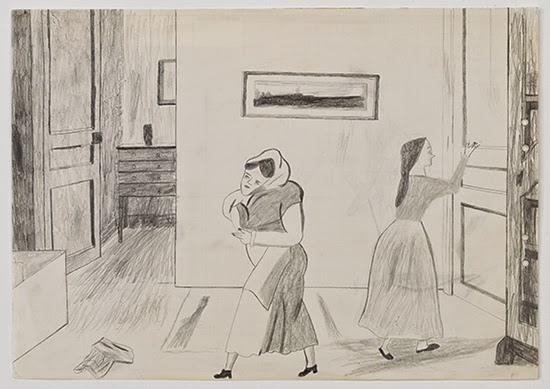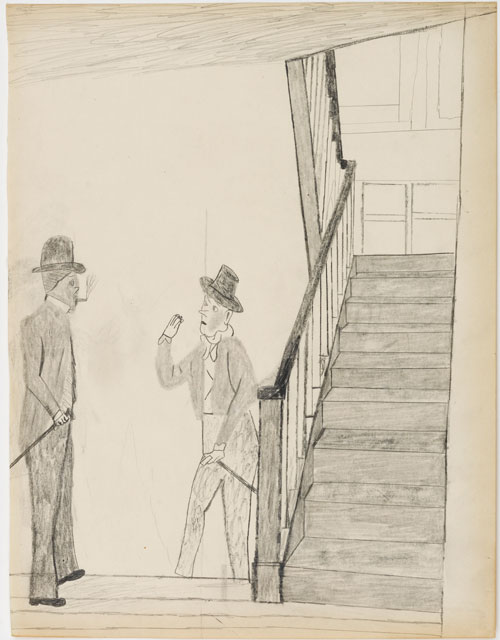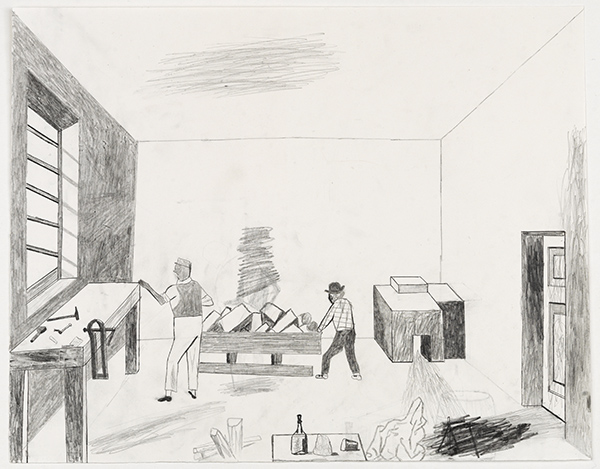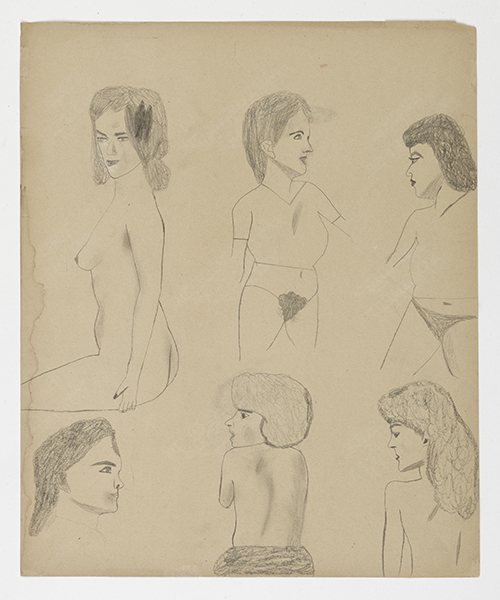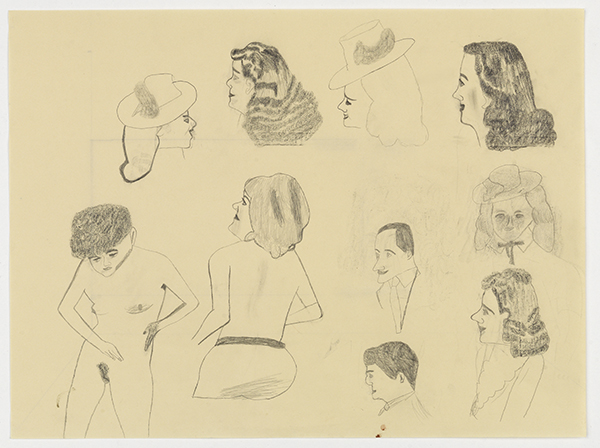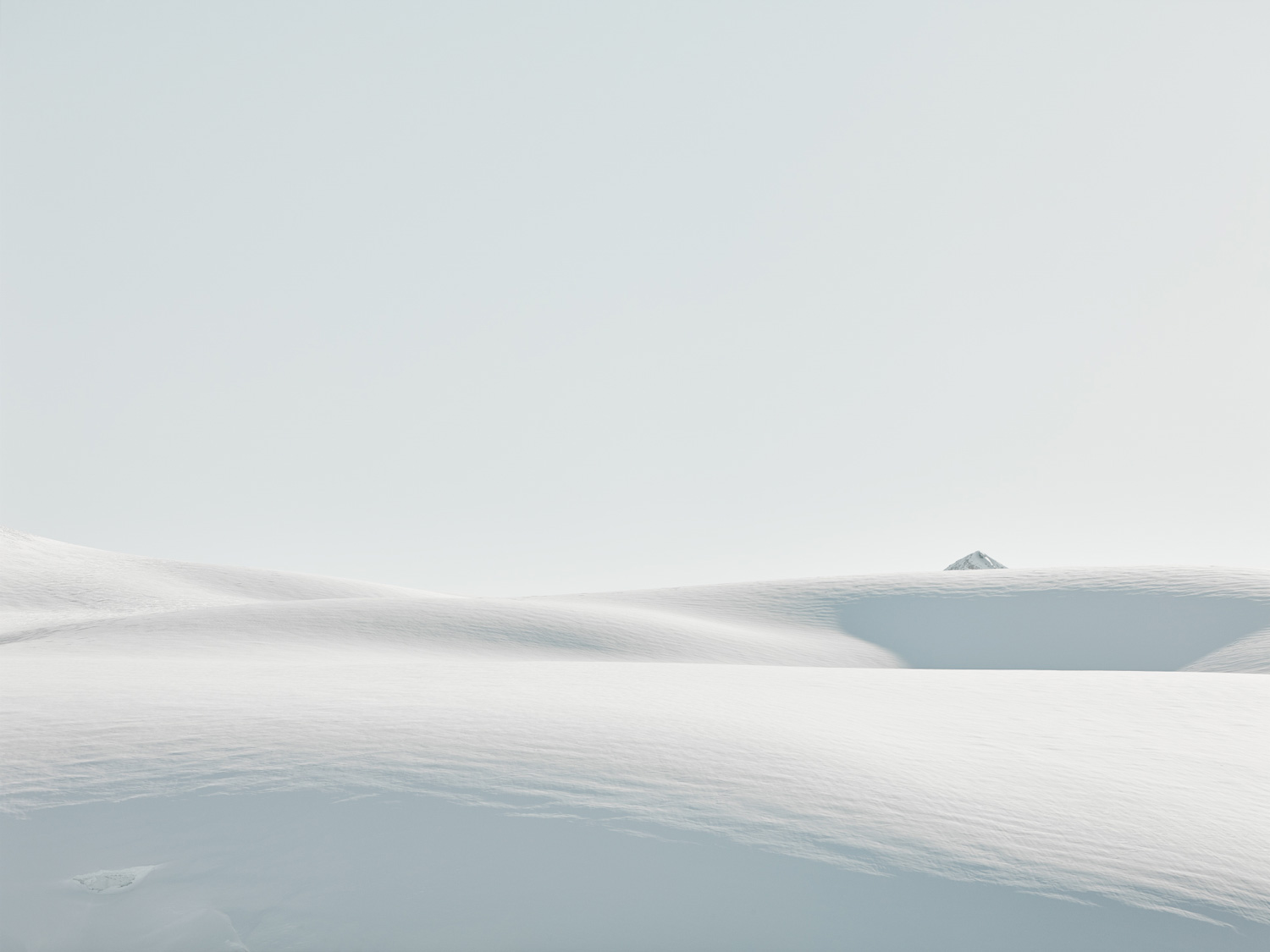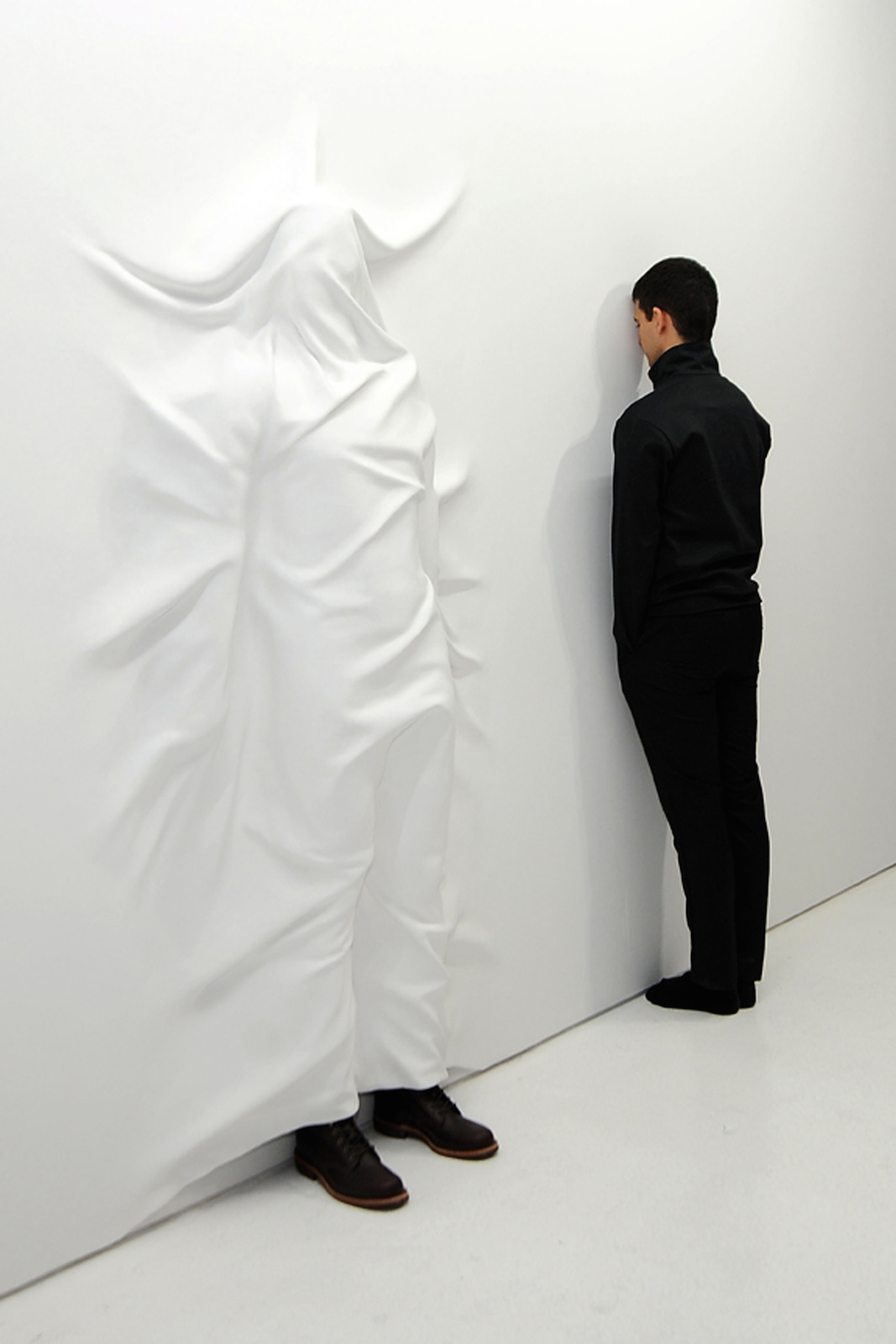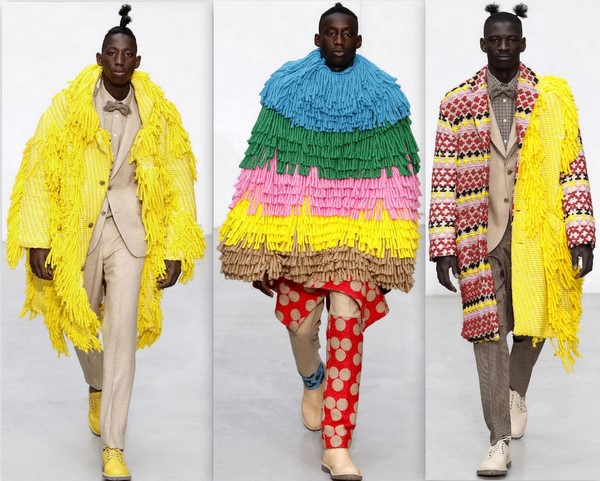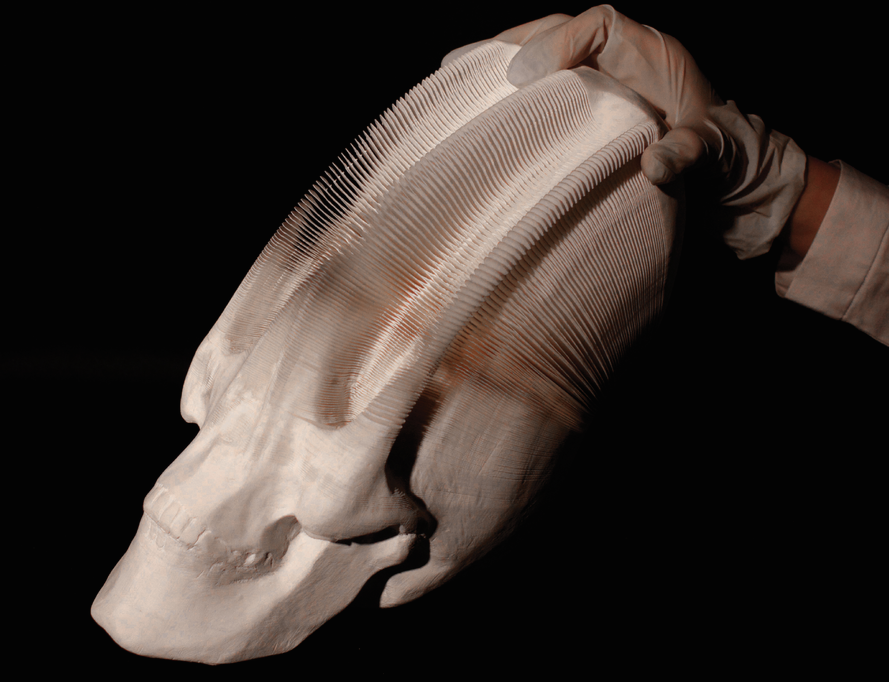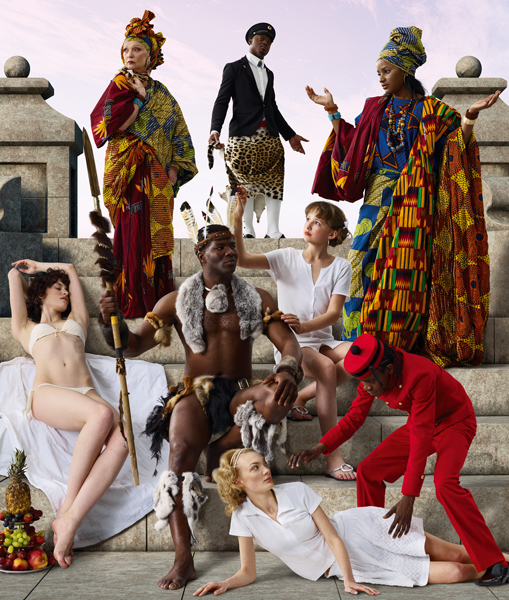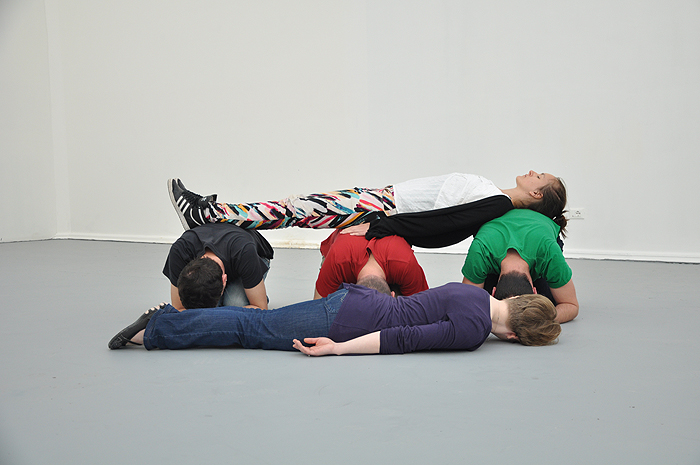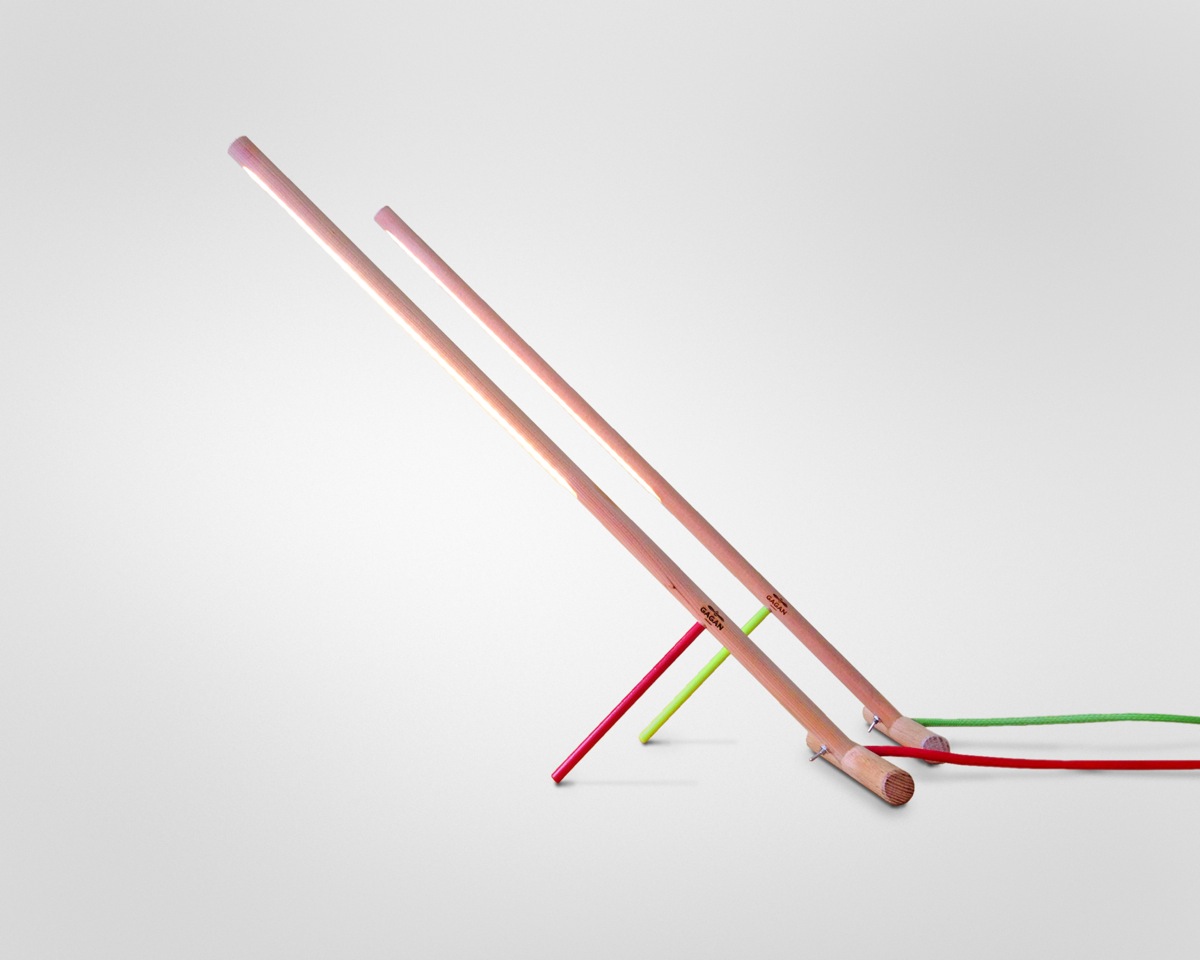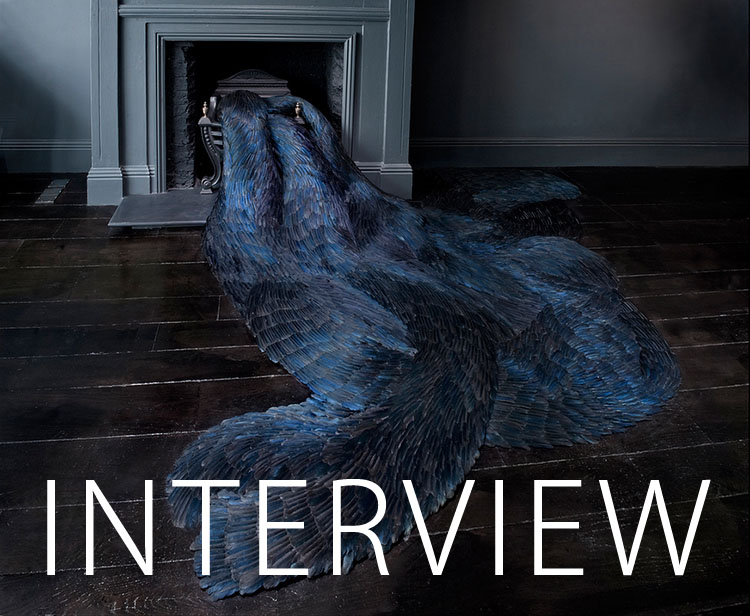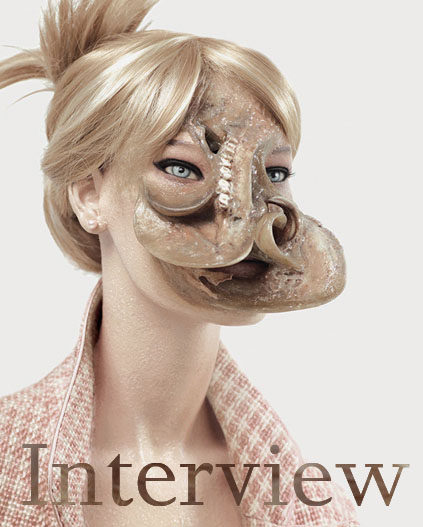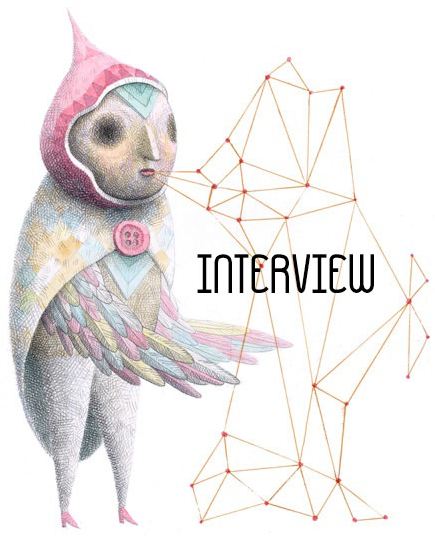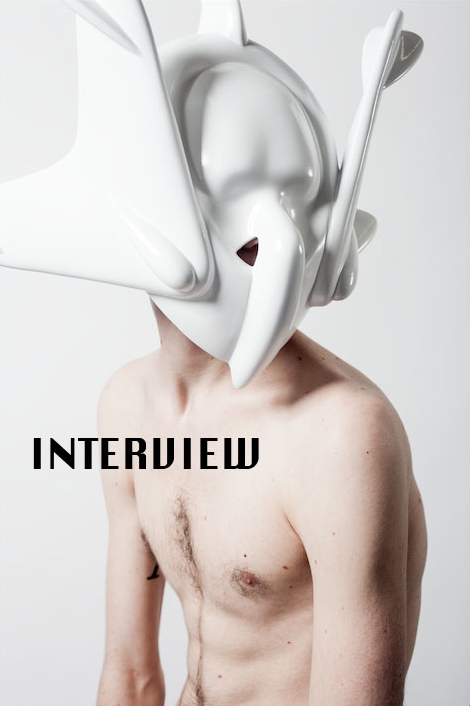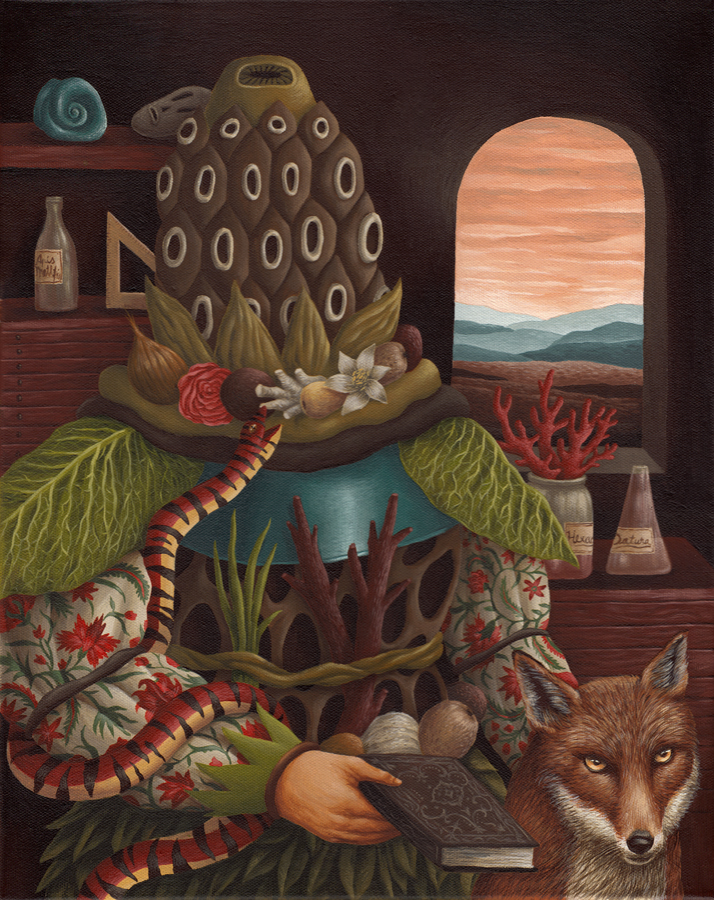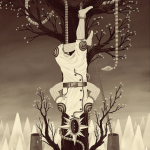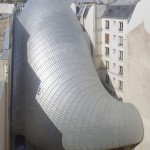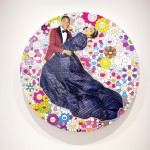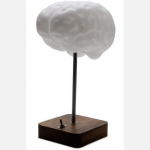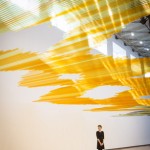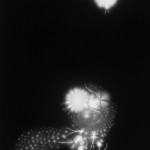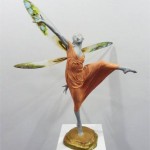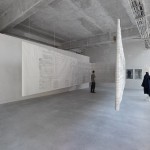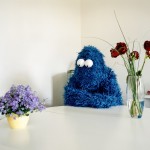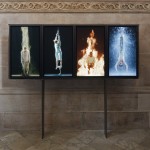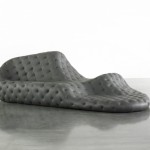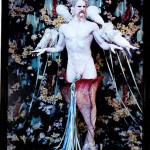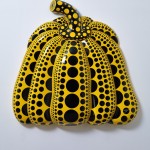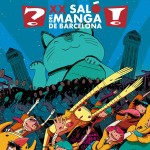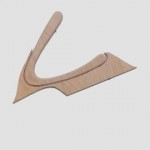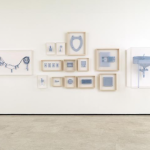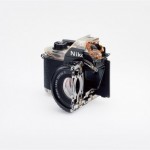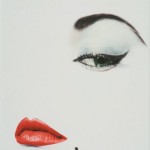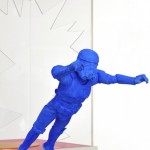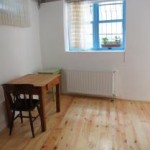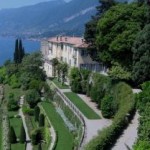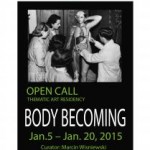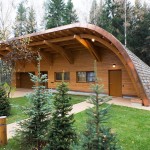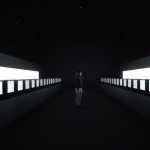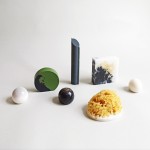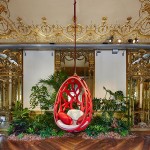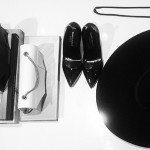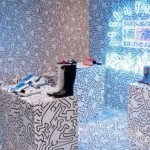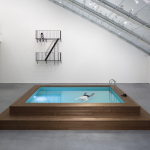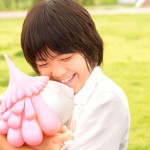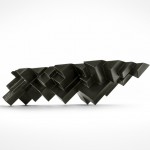INHALE is a cultural platform where artists are presented, where great projects are given credit and readers find inspiration. Think about Inhale as if it were a map: we can help you discover which are the must-see events all over the world, what is happening now in the artistic and cultural world as well as guide you through the latest designers’ products. Inhale interconnects domains that you are interested in, so that you will know all the events, places, galleries, studios that are a must-see. We have a 360 degree overview on art and culture and a passion to share.

David Zwirner is pleased to present an exhibition of new work by Swedish artist Jockum Nordström, which marks his first solo show at the gallery in London. This presentation follows the artist’s recent major European survey, All I Have Learned and Forgotten Again, that was on view in 2013 at Lille Métropole, musée d’art moderne, d’art contemporain et d’art brut in Villeneuve d’Ascq, France, before it traveled to the Camden Arts Centre in London, making it the first solo exhibition of his work in the city.
For the insects and the hounds brings together Nordström’s latest body of work produced in a farmhouse studio on Gotland, an island located off the southeastern coast of Sweden, greatly differing from his usual workspace in Stockholm. The exhibition’s title insinuates these remote, rural environs—Nordström has noted how insects would fall from the ceiling onto the works below and that the family dog was his only disruption in the studio—and further evokes the tensions between man and nature, reality and fantasy which more broadly characterize the artist’s practice.
Delicately and elegantly constructed, Nordström’s collages, watercolors, graphite drawings, and architectural sculptures feel improvisational and spontaneous, yet rich in detail. His works on paper read like storyboards, often referred to by the artist as “stills,” where all the action takes place simultaneously within a frozen frame. His imaginative tableaux-like environments appear as fantastical settings populated with unique figures, animals, architecture, furniture, musical instruments, and other props, all varying in scale and composition. Demonstrating his innovative approach to illustration and his distinctive choice in subject matter, his works feature an assorted cast of characters, seemingly pulled from different eras, and frequently employ unusual horizontal or vertical formats that recall the sequential arrangement of comic books and filmstrips.
The exhibition’s centerpieces will include three large-scale works on paper, each measuring over two meters in length, that take inspiration from frescoes found in the numerous medieval churches on Gotland, most readily seen here with the floating female figures encircled by rays of lights who the artist attributes to Gothic madonnas. The layered, heavily worked surfaces of these watercolors convey Nordström’s meticulous, labor-intensive process, which begins by making paper cutouts of figures and other objects with individualized, hand-drawn features—accumulating hundreds that are collected in piles around the studio. Pulling from this vast stockpile, he arranges the cutouts, only settling on the final placement once charged connotations are achieved between the characters and their settings. The ambiguous, hidden narratives imbue the works with a sense of intrigue, which is furthered by enigmatic titles varying from colloquial expressions to poetic vignettes and streams of consciousness, as exemplified by the graphite drawing When I met myself, depicting two men in antiquated dress within a nondescript interior whose interaction remains unintelligible.
For the present exhibition, Nordström continues to fabricate sculptures from cardboard, matchboxes, and other found scraps of paper, which have become increasingly important to his practice since he began showing them in the mid-2000s. The artist considers his three-dimensional paper objects to be an extension of his two-dimensional drawings and collages. His latest sculptures appear more abstract and formal than previous examples that were representational, directly referencing architecture as small-scale models of modernist-looking buildings. With their square and rectangular formats resembling picture frames, the new sculptures seem to stand as miniature abstract paintings and also operate as an innovative way for the artist to further explore the physical qualities of paper and mark-making.
The exhibition will be accompanied by a fully illustrated publication forthcoming in 2015 by David Zwirner Books.
via davidzwirner.com


